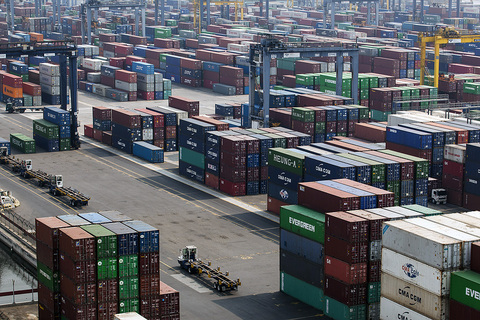In a surprising turn of events, Indonesia’s Central Statistics Agency (BPS) has postponed the release of its latest export-import data. Originally scheduled for public disclosure this week, the data release has now been delayed without a confirmed new date. This unexpected move has prompted widespread speculation among economists, analysts, and business stakeholders.
The BPS data on trade performance is considered crucial for understanding Indonesia’s economic direction. As a result, the delay is more than just a technicality—it leaves a temporary gap in key economic insights.
Why the Data Matters
Every month, BPS publishes export and import figures that reflect Indonesia’s trade balance, revealing trends in key sectors such as commodities, manufacturing, and agriculture. These figures not only shape domestic policy decisions but also influence international investor sentiment.
Delays in the release can impact market predictions, disrupt economic forecasting models, and create uncertainty for businesses involved in global trade. Without the most recent numbers, companies are left guessing about shifts in demand, currency impact, and supply chain trends.
What Could Be Behind the Delay?
Although BPS has not issued a detailed explanation, experts point to several potential reasons. One possibility is the need for data validation or internal revisions before public disclosure. Another theory is that technical issues or disruptions in data collection may have interfered with the finalization process.
It’s also worth noting that the agency may be responding cautiously to market sensitivity. If the numbers reveal unexpected downturns or unusual fluctuations, BPS might be taking extra steps to ensure accuracy before publication.
Market Reactions and Expert Opinions
So far, the financial markets have responded with measured caution. While the delay hasn’t triggered major volatility, investors and economists are watching closely. Some analysts argue that the delay could be a signal of unfavorable trade results, while others believe it’s simply a procedural hiccup.
According to trade economist Lestari Widodo, “The delay is unusual but not unheard of. What matters now is how transparent BPS will be in communicating the reason and how soon they can provide a revised release schedule.”
What Businesses Should Do Now
While waiting for the official data, businesses are advised to stay flexible and continue monitoring global trade indicators, such as oil prices, commodity indexes, and regional demand trends. For importers and exporters, this may be a good time to review logistics plans and reassess risk exposure.
In addition, companies involved in trade should consider scenario planning—preparing for multiple outcomes based on possible trends in the delayed data. Staying proactive can help mitigate surprises once the numbers are finally published.
Final Thoughts: Transparency Is Key
Although the BPS postponement has introduced some short-term uncertainty, clear and transparent communication can help rebuild trust. In a data-driven economy, timely and accurate information is essential, not just for government agencies, but also for businesses, investors, and the general public.










